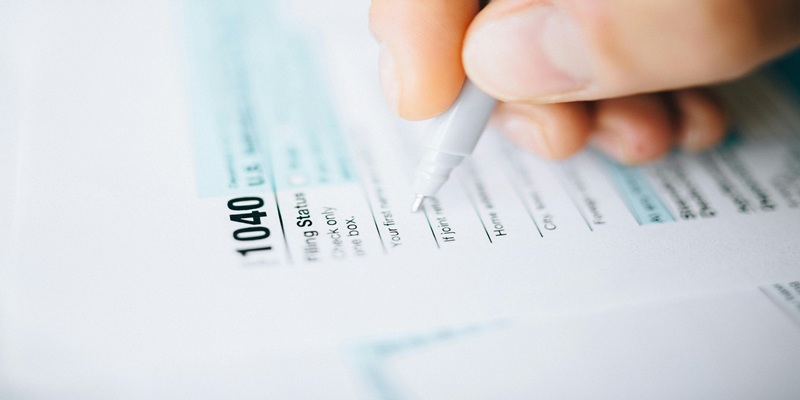Blockchain technology has introduced a revolutionary concept in organizational management: Decentralized Autonomous Organizations (DAOs). These entities are reshaping financial governance, offering a new paradigm that challenges traditional hierarchical structures. By leveraging smart contracts and decentralized decision-making, DAOs are transforming how organizations manage resources, allocate funds, and make decisions.
What Are DAOs?
A Decentralized Autonomous Organization (DAO) operates on blockchain technology, governed by smart contracts and collective decision-making rather than a central authority. Unlike traditional organizations, which rely on executives and boards to make decisions, DAOs empower their members to vote on proposals and manage resources transparently.
At their core, DAOs function as trustless systems. Participants do not need to trust a central authority; instead, they rely on the code and rules embedded in the blockchain. Smart contracts automate processes, ensuring that decisions execute fairly and transparently. For example, if a DAO votes to allocate funds to a project, the smart contract automatically releases the funds once the conditions are met.
How DAOs Operate
DAOs function through a combination of blockchain technology, tokenomics, and community governance. Members of a DAO typically hold governance tokens, which grant them voting rights proportional to their stake. These tokens are often earned through contributions to the organization or purchased on the open market.
When a proposal is submitted, members vote on it using their tokens. The outcome depends on the majority, and the smart contract executes the decision automatically. This process eliminates intermediaries, reducing costs and increasing efficiency. Additionally, the blockchain records all transactions and decisions, ensuring transparency and accountability.
The Impact of DAOs on Financial Governance
DAOs are disrupting traditional financial governance models in several ways. Below, we explore their key impacts:
Decentralization of Decision-Making
One of the most significant impacts of DAOs is the decentralization of decision-making. In traditional organizations, a small group of executives or board members often makes financial decisions. This centralized approach can lead to inefficiencies, corruption, and a lack of transparency.
DAOs, on the other hand, distribute decision-making power among all members. This ensures that everyone has a voice, regardless of their position or influence. By democratizing financial governance, DAOs promote fairness and inclusivity, which can lead to better outcomes for the organization as a whole.
Increased Transparency and Accountability
Transparency is a cornerstone of DAOs. Since the blockchain records all transactions and decisions, they are publicly accessible and immutable. This level of transparency reduces the risk of fraud and corruption, as the entire community can see all actions.
Moreover, DAOs enforce accountability through smart contracts. Once a decision is made, the smart contract ensures that it executes as agreed. This eliminates the possibility of mismanagement or misuse of funds, fostering trust among members.
Efficiency and Cost Reduction
Traditional financial governance often involves multiple layers of bureaucracy, which can slow down decision-making and increase costs. DAOs streamline this process by automating tasks through smart contracts. This not only speeds up decision-making but also reduces operational costs.
For example, in a traditional organization, approving a budget or allocating funds may require weeks of meetings and paperwork. In a DAO, the same process can complete in a matter of minutes, with minimal overhead costs.
Global Participation and Inclusivity
DAOs are inherently global, allowing anyone with an internet connection to participate. This opens up opportunities for individuals who may face exclusion from traditional financial systems due to geographic, economic, or political barriers.
By enabling global participation, DAOs foster diversity and inclusivity in financial governance. This can lead to more innovative solutions and a broader range of perspectives, ultimately benefiting the organization.
Challenges and Risks
While DAOs offer numerous benefits, they are not without challenges. One of the primary concerns is the potential for code vulnerabilities. Since DAOs rely on smart contracts, any flaws in the code can lead to significant financial losses.
Additionally, the decentralized nature of DAOs can make it difficult to resolve disputes or enforce regulations. Without a central authority, members must rely on consensus, which can be time-consuming and contentious.
Real-World Examples of DAOs
Several DAOs have already made a significant impact in various industries. Here are a few notable examples:
MakerDAO
MakerDAO is one of the most well-known DAOs in the decentralized finance (DeFi) space. It operates the Dai stablecoin, which pegs to the US dollar. Members of MakerDAO vote on proposals related to the management of the Dai ecosystem, including interest rates and collateral types.
Uniswap
Uniswap, a decentralized exchange, is governed by a DAO that allows token holders to vote on protocol upgrades and fee structures. This ensures that the platform evolves in a way that benefits its users.
Aragon
Aragon is a platform that enables the creation and management of DAOs. It provides tools for governance, fundraising, and dispute resolution, making it easier for organizations to adopt decentralized models.
The Coming Advancement of DAOs in Financial Governance
The role of DAOs in financial governance is likely to expand. They have the potential to revolutionize not only corporate governance but also public finance, nonprofit management, and even government operations. However, for DAOs to reach their full potential, several challenges must be addressed. These include improving the security of smart contracts, developing effective dispute resolution mechanisms, and ensuring regulatory compliance.
Conclusion
DAOs represent a bold new frontier in financial governance. By decentralizing decision-making, increasing transparency, and reducing costs, they offer a compelling alternative to traditional organizational structures. While challenges remain, the potential benefits of DAOs are too significant to ignore. As more organizations adopt this model, we can expect to see a profound shift in how financial governance is conducted, paving the way for a more inclusive and efficient future.































